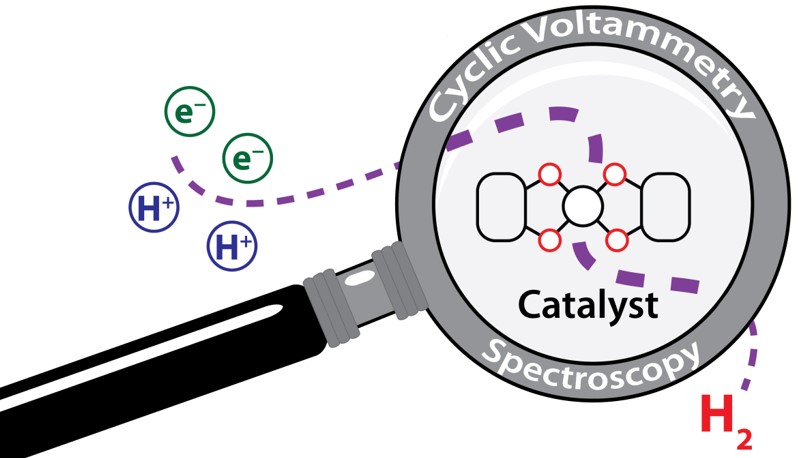Prof. Jillian L. Dempsey
Associate Professor
University of North Carolina at Chapel Hill, U.S.
Date: November 17, 2021
Time: 1300h ET
Sponsors: Hiden Analytical, Royal Society of Chemistry
The conversion of energy-poor feedstocks like water and carbon dioxide into energy-rich fuels involves multi-electron, multi-proton transformations. In order to develop catalysts that can mediate fuel production with optimum energy efficiency, this complex proton-electron reactivity must be carefully considered. Using a combination of electrochemical methods and time-resolved spectroscopy reveals new details of how molecular catalysts mediate the reduction of protons to dihydrogen and the experimental parameters that dictate catalyst kinetics and mechanism. These studies create opportunities to promote, control, and modulate the proton-coupled electron transfer reaction pathways of catalysts.
Benefits of attending the webinar
Learn about:
- How molecular catalysts are being used to mediate fuel generation;
- How to elucidate mechanisms of coupled chemical reactions from cyclic voltammetry experiments;
- Find out more about proton-coupled electron transfer.



